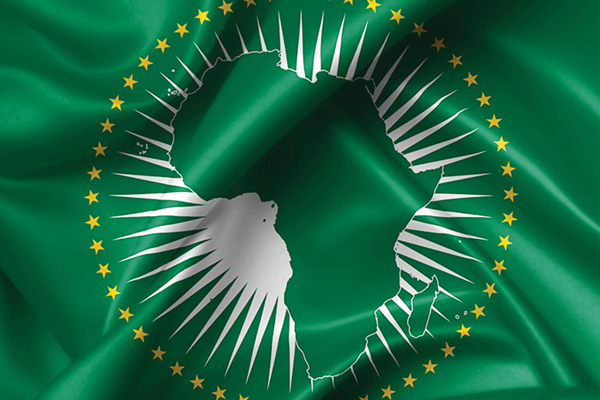
The latest financial report by the World Bank indicates that about 66% of the people in Africa do not have a bank account.
By Kudzai Goremusandu
However, the region has the highest number of people with mobile money accounts in the world.
Whereas about 5% of the global population has a mobile money account, 10% of people in Sub-Saharan Africa had a mobile wallet by 2014, which percentage may have risen considerably by now.
The number of people who do not have access to banking services and facilities in Africa is still very high, presenting a great need and an opportunity for financial technology innovation, growth and investment.
There are numerous reasons to invest in financial technology innovation in Africa. Below are some of the main reasons in brief:
Rapid growing economies
According to the World Economic Report 2016, out of the top 10 fastest-growing economies in the world, more than three are African countries.
- Chamisa under fire over US$120K donation
- Mavhunga puts DeMbare into Chibuku quarterfinals
- Pension funds bet on Cabora Bassa oilfields
- Councils defy govt fire tender directive
Keep Reading
The informal sector is also showing signs of improvement in Africa. In Zimbabwe, the small-to-medium enterprise sector was creating 5,7 million jobs in 2012.
This sector has potential to grow the economy if given enough investment. This highlights that the need and demand for financial services in Africa will increase.
Education
The number of literate people in Africa is rising rapidly with the majority of the population being youths who have attained more than a basic education.
Free basic education policies in most African countries such as South Africa, Botswana and Rwanda have greatly contributed to this rise in education levels.
Moreover, the young generation is techno-savvy and embraces technology banking more than the traditional banking.
Growth in consumer base
In East, North and West Africa, the number of people of the middle class is growing at a rate of 4% per annum in many of the countries such as Ghana, Kenya, Nigeria, Egypt and Morocco.
The World Bank predicts that 42% of people in Africa will be in the middle class by 2060. The large consumer base is reason enough to invest in African banking and financial technology innovation.
Africa’s economic growth performance and rate, improvements in the business operating environment, sound economic reforms as well as robust financial service demand have a very great significance in growing the consumer base.
Increase in population
Continents such as Europe, America and Asia are experiencing a decrease in population growth, while the African population is ever growing.
According to the Africa Development Bank Africa Economic Report 2016, it is estimated that over 1,2 billion people live in Africa.
The estimated average rate of population growth is 3%.
Consequently, the number of people who need financial services will continue increasing at least in the near future.
Banking technology has worked in Africa
History and experience have shown that financial technology works perfectly in Africa.
In Africa, mobile banking is accepted more than in any other part of the world. In Kenya between January and September 2016, more than $5 billion was transacted through mobile technology.
M-Pesa, which began offering mobile money services in the East African country in 2007, has since grabbed a substantial market share with Vodafone announcing that it had reached 25 million subscribers in April 2016.
In Nigeria, Interswitch, a fintech start-up, has been valued at $1 billion, eclipsing other financial players in the most populous country of the continent that also doubles up as the largest economy having overtaken South Africa.
Urbanisation
Population Reference Bureau predicts that Africa will be home to more than 2,6 billion people in three-and-a-half decades, more than double the current population.
Rural to urban migration is expected to grow, with 65% of the population expected to be living in cities by 2050.
This will exceed China to record the greatest urbanisation in the world.
While this presents a challenge to the African governments that will need to invest more resources in the provision of financial services in Africa, it also presents a perfect opportunity for development of financial technology across the continent.
Kudzai Goremusandu is a strategic and innovate business consultant. He offers consultancy services to local and international investors. Contact: [email protected]. He currently works with Coover Bottlers, a new beverage company based in Harare











